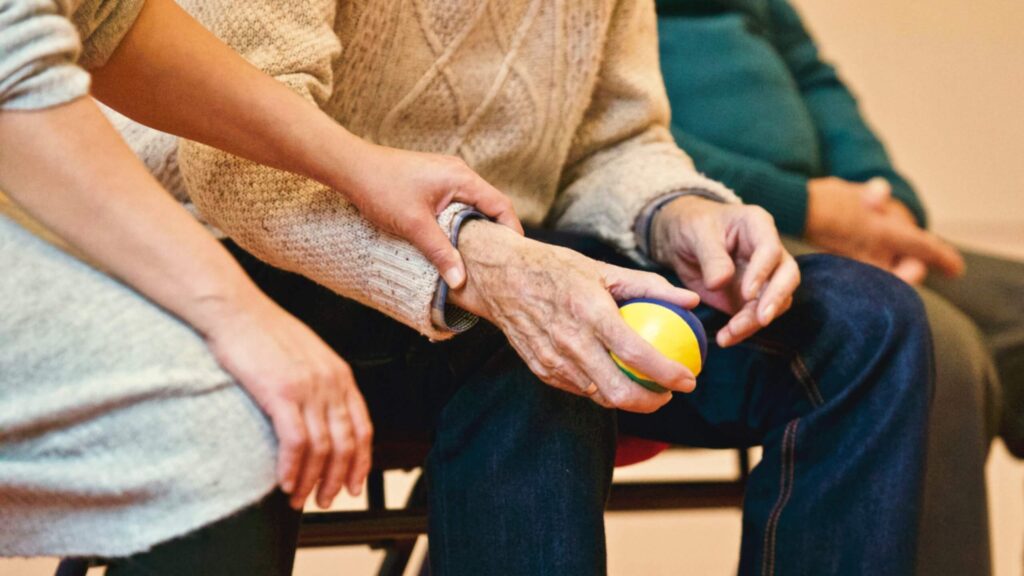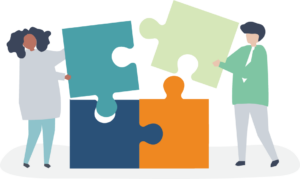While many people still view hoarding as just another case of “having too much stuff,” hoarding behaviours are becoming increasingly studied by mental health professionals as a diagnosable mental illness.
For many years, hoarding behaviours were considered a severe symptom of obsessive-compulsive disorder (OCD). However, in 2013, hoarding was added to the latest clinical diagnosis manual as a mental illness – often manifesting apart from other OCD-related issues.
With mental illness and mental-health related problems, a behaviour becomes clinically diagnosable when the actions involved make it difficult for an individual to live a happy and productive lifestyle. Hoarding Disorder can often create a variety of physical and emotional problems and lead to severe impacts on someone’s relationships with friends, family, and loved ones.
Those with a Hoarding Disorder may experience some or all of the following:
- Inability to throw away items that the individual has placed value in – including things that others may consider trash
- Difficulty in staying organized and consistent failure to locate possessions among hoarded items
- Exhibiting anger, suspicion, or hostility toward others who may come near their belongings
- An obsessive compulsion to check garbage for objects that may have been thrown away accidentally
- Social isolation and unwillingness to leave home or invite others into their living space
- Severe anxiety or panic attacks focused on the possible loss of their possessions
The above symptoms of Hoarding Disorder can ebb and flow, and some may exhibit themselves more aggressively than others. However, the presence of any of the symptoms of Hoarding Disorder – and the accumulated clutter and dangerous living conditions that come with the mental illness – can damage relationships.

How Hoarding Damages Relationships
As you can see from the above symptoms and experiences of hoarding and squalor, someone suffering from Hoarding Disorder can find their relationships impacted. From significant others to friends, hoarding can negatively impact that can lead to further withdrawal from vital support systems.
Many individuals who live with or are actively engaged in the life of a hoarder have reported that they often feel like a “third wheel” in a relationship between their friend, family member, or partner – with the hoarded items taking up far more of an individual’s life than friends and family.
Emotions such as anger, frustration, and hopelessness can arise quickly in both parties, giving way to feelings of being unable to cope or comprehend why the hoarding behaviour is taking place, and what to do about the mountains of stuff piling up in the home.
Some living with individuals who have a Hoarding Disorder also report feelings of jealousy. They wish their significant other would show as much affection and loyalty to them as they do their possessions. The lack of interest in leaving home or making room for the other can lead to significant damage, loss of trust, and often complete social withdrawal.
Severe hoarding can be a consistent source of fighting and can lead to an emotional struggle between the hoarder and those in their lives. While friends and family may wish to help the hoarder to move toward healing and freedom, those engaged in hoarding may not want to leave their hoarding lifestyle – bringing the ability to grow the relationship to a standstill. Untreated hoarding often leads to loss of friendship, increased distance between families, and even divorce and estrangement as loved ones simply give up on individuals who have chosen possessions over people.
Finding Help For Hoarding Disorders
The worst damage that hoarding has on relationships is the impact on an individual’s support system. As friends, family, and loved ones are consistently pushed away, those individuals who are so vital to the healing process are often kept too far away to bring hope or help.
However, there is hope for those struggling from Hoarding Disorder – as well as for those who are struggling to live and love those who are suffering. As Hoarding Disorder becomes a more widely accepted mental health illness, increased healing, and treatment opportunities are becoming available. With a mental health professional’s help, individuals suffering from HD and their families can begin to take steps toward freedom.
At My Inclusion, our team of skilled and trained mental health professionals are trained in helping individuals suffering from hoarding and squalor situations to move toward hope and healing. With holistic approaches to physical, emotional, and social wellness amid hoarding disorders, My Inclusion works directly with individuals and their families to build care plans that focus on disorder management and healing.
To learn more about how My Inclusion is helping individuals through various services, contact the team today.

